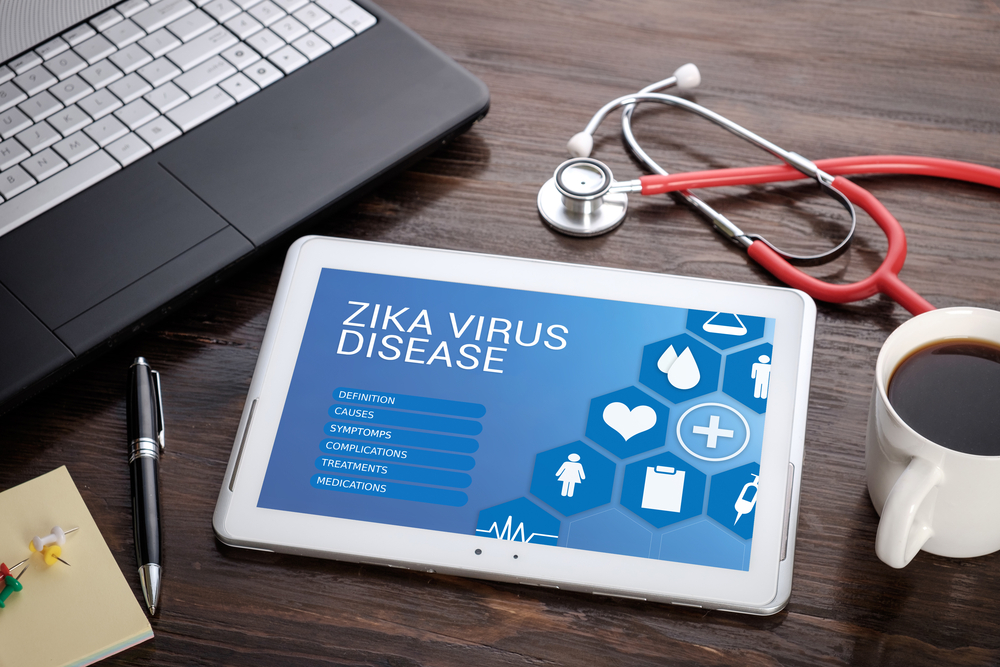
Researchers at the University of Arizona (UA) are seeking more users of Kidenga, a community-based participatory science mobile app created by the researchers that tracks potential instances of the Zika virus.
The app encourages users to report symptoms such as the sudden onset of fever, joint pain, muscle pain, headache, nausea, fatigue and rash. These symptoms are associated with Zika, dengue and chikungunya, viruses that are transmitted by Aedes mosquitoes and tracked by the app.
The app is designed to let researchers identify pockets of illness that may be caused by the viruses. It provides current information on current transmission and prevention strategies.
The app launched in September 2016 and has so far received 1300 weekly reports from users in 33 states and 116 countries. Eight percent of participants reported a fever at least once.
“While this is a solid start, greater participation is needed if outbreaks are going to be detected,” lead investigator Kacey Ernst, associate professor of epidemiology at the UA Zuckerman College of Public Health, said. “Now more than ever communities need to work together to identify and solve public health problems. As funding is stagnant or declining, novel ways to improve health with limited resources are required.”
The researchers are especially focused on gaining users in the U.S.-Mexico border region and Florida given the frequency of Zika transmission in these regions. To this end, they recently launched a Spanish version of the app.
“Last year we were limited in our ability to reach communities in parts of the U.S.-Mexico border region because the app was only in English,” Ernst said. “With the launch of the Spanish version of the app we hope to increase participation and the chance of identifying any local transmission early.”




